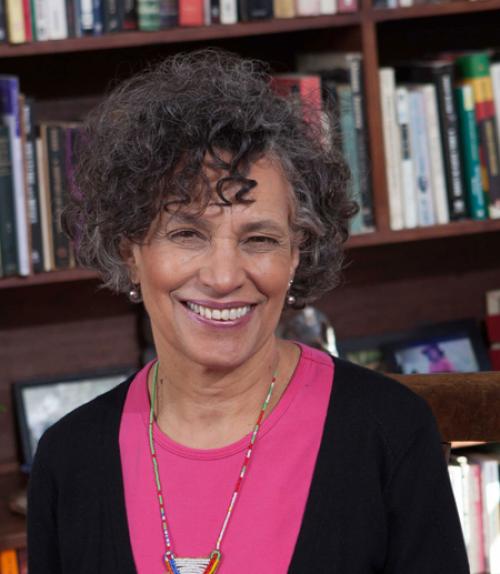The Department of Science & Technology Studies will host Dr. Mary Bassett, the New York City public health commissioner, for its annual Nordlander Lecture on April 23.
Bassett’s talk, “Structural Racism and Health: From Evidence to Action,” will take place at 3:30 p.m. in the Carrier Ballroom of the Statler Hotel on campus and will be followed by a reception. The talk is free and open to the public.
Bassett received her undergraduate degree in history and science at Harvard, and went on to earn her medical degree from Columbia University and a master’s in public health degree from the University of Washington.
She spent 17 years on the medical faculty of the University of Zimbabwe, where she developed a range of AIDS prevention interventions. She later served as the associate director of health equity at the Rockefeller Foundation’s Southern Africa Office, overseeing its Africa AIDS portfolio and has worked for Doris Duke Charitable Foundation on issues of African health. Bassett gained prominence for a 2015 TED talk on "Why your doctor should care about social justice."
“The Science & Technology Studies Department is honored to host Commissioner Bassett’s visit and talk on this very important and timely issue,” said Rebecca Slayton, associate professor of science & technology studies. “We hope that her visit will spark ongoing conversation and contribute to structural change at Cornell and beyond.”
After joining the New York City Department of Health and Mental Hygiene in 2002, Bassett directed key initiatives, including bans on smoking and trans fats in restaurants and the requirement at chain restaurants to post calorie counts. She also established the department’s District Public Health Offices (DPHOs) in East and Central Harlem, the South Bronx and North and Central Brooklyn to lead targeted health and communication strategies. She was named commissioner in 2014.
Bassett’s Cornell talk will focus on racial health inequalities that lead to higher sickness and death rates for black people in the U.S. versus their white counterparts. These inequalities are not a reflection of biological difference or some inherent predilection for ill health by people of African descent., Bassett says, rather they reflect a long history of structural racism. Her presentation will also examine the health implications of mass incarceration and police repression.
The Nordlander Lectures in the Department of Science & Technology Studies are given by distinguished scholars and public intellectuals who are engaged in important policy areas.




